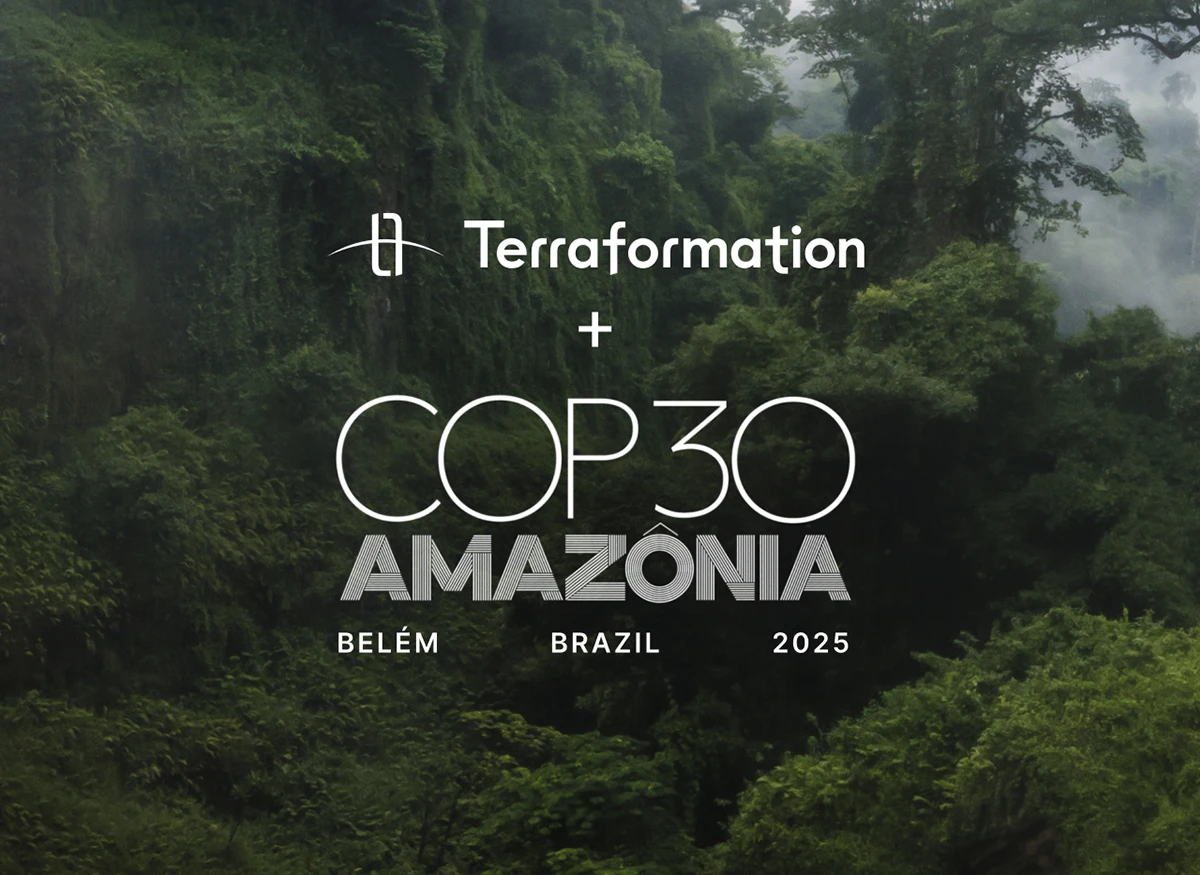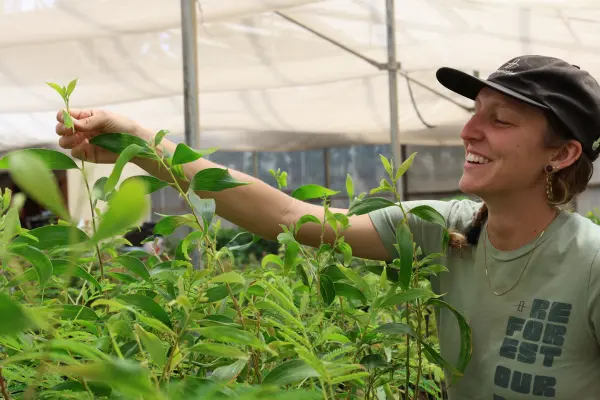Unlocking Sustainable Development: Voluntary Carbon Markets in Rural Africa

Unlocking Sustainable Development: Voluntary Carbon Markets in Rural Africa
In the landscape of climate action and sustainability, the role of voluntary carbon markets has emerged as a promising avenue not just for environmental mitigation but also for socioeconomic development — particularly in rural Africa. The potential of these markets goes beyond their environmental impact; they possess the capacity to drive capital formation within land-owning customary communities in the rural belts of Sub-Saharan Africa.
This is especially important given the significant levels of poverty in much of rural Africa — and the low levels of population density that make these belts attractive for green development. The key in making this possible lies in treating this emergent space as a financial asset class similar to the venture capital, private equity, or public equities markets.
Turning nature-based solutions for carbon removal into a bona fide asset class will necessitate the development of robust regulatory frameworks. This would require developers as fiduciaries to behave as good actors, ensuring equitable distribution of benefits from carbon offset projects to all key stakeholders. This, in turn, would catalyze capital accumulation and foster holistic community development, especially for the land-owning rural communities that make these projects possible.
Building trust through inclusivity and accountability
Treating rural communities and buyers of carbon credits as co-equal principal parties will be key. Many community leaders and activists have expressed significant mistrust regarding voluntary carbon markets, often considering them a means to enable large-scale greenwashing or, alternatively, to drive a new land grab in the global south.
These concerns are not without basis. Much of this aggregation of natural resources fits within motifs of previous exploitation, whereby foreign investors developed large mining or fossil fuel projects, largely excluding the commercial participation of local communities while using and often degrading their land. Now, with millions of hectares being aggregated for large-scale projects — again, sometimes without the participation of local communities — suspicion is inevitable.
And indeed, some carbon projects have failed to achieve the climate goals for which they were established, making their carbon offsets worthless. A repeat of the past is of concern to the many customary leaders and communities.
Fortunately, there is a path forward — a deeper commitment to the science and proper accounting of carbon projects and the offsets they claim to offer. Verra, the largest marketplace for offsets, is already enhancing its methodologies to improve the rigor of the science. On the supply side, governments are increasingly demanding that benefits-sharing programs demonstrate equitable distribution of value.
While some countries have been overzealous in this regard, ultimately these actions are forcing a conversation that will improve benefits sharing while allowing for projects to remain financially worthwhile to developers.
New opportunities with climate equity
Sub-Saharan Africa grapples with multifaceted challenges, including poverty, limited access to financial resources, low levels of capital formation, and vulnerability to climate change impacts. However, within these challenges lie opportunities for leveraging the carbon offset market to address both environmental concerns and socioeconomic development needs. As large-scale carbon offset projects are being developed in these regions, they hold the potential to catalyze economic growth and capital formation, provided the benefits are fairly distributed among the land-owning communities.
The crux of the matter lies in this equitable distribution. We must ensure that the revenue generated from these projects includes those who are at the grassroots level, empowering rural populations and fostering a conducive environment for capital accumulation.
One of the most significant advantages of voluntary carbon markets lies in their ability to create an additional revenue stream for rural communities. By monetizing their carbon sequestration efforts through these markets, communities can diversify their income sources beyond traditional agricultural practices. This infusion of capital allows for investments in infrastructure, education, healthcare, and entrepreneurial ventures, thereby fostering an environment conducive to sustained growth.
In addition, as principal fiduciaries in these projects, customary communities can benefit from the profits along with the project financiers. The surplus earnings from project dividends paid out to communities can be saved in communal trust funds. Indeed, several communities in Zambia have already established community trusts for this purpose, creating formal institutions that receive and invest their earnings. This compounds their funds so that the capital saved has greater long-term impact, allowing investment earnings to finance social good.
A communities-first approach
The prospect of capital formation through voluntary carbon markets has a ripple effect on various sectors. As communities gain access to capital, they can invest in sustainable agricultural practices, renewable energy initiatives, and conservation- or tourism-related efforts. This not only contributes to mitigating climate change but also enhances the resilience of these communities against its adverse effects, creating a positive feedback loop of development and sustainability.
However, the potential for capital formation hinges on the integrity and inclusivity of these markets. In the case of the company I lead, Thebe Investment Management, we have opted to treat the customary communities we work with as our fiduciaries; they are investors in the projects in our pipeline. They are our clients, the same way that carbon credit off-takers are or will be. This paradigm is important because it puts their interests as clients first. If they are successful, so will we be.
In the absence of common regulatory frameworks that govern the global industry, it is incumbent on project developers to take the lead in making the industry more inclusive and transparent. Our communities-first approach fosters a sense of ownership among the communities we work with and encourages responsible stewardship of resources, further catalyzing sustainable development and capital formation.
Grasping the potential — and doing the work
Activists and skeptics are right to challenge the weaknesses of the voluntary carbon markets and the credits traded there. However, it's important to acknowledge that this new market, while imperfect, is evolving for the better.
There is still much work to be done to ensure that this emergent ecosystem serves its intended purpose. Improving on its faults is necessary and demonstrates that the world should not abandon a system with such powerful potential to do good for both communities and our climate.
Millions of people across the world — those who have contributed the least to the climate crisis — stand to benefit greatly from an improved system that allows them to help the world roll back climate change and at the same time improve their own economic well-being.
About the
Series:
Who Will Speak For The Trees?
At a time when human economic development is prioritized over the needs of nature, the Who Will Speak for the Trees? series features top reforestation leaders with a broad range of restoration expertise, including climate tech, monitoring, science, finance, media, and more. These diverse voices offer expert viewpoints to instill confidence in how humanity can support nature to deliver a forested future for all living things on Earth. Join us for this ongoing series to learn more about the science of reforestation and how restoring ecosystems is part of a comprehensive climate solution.
















